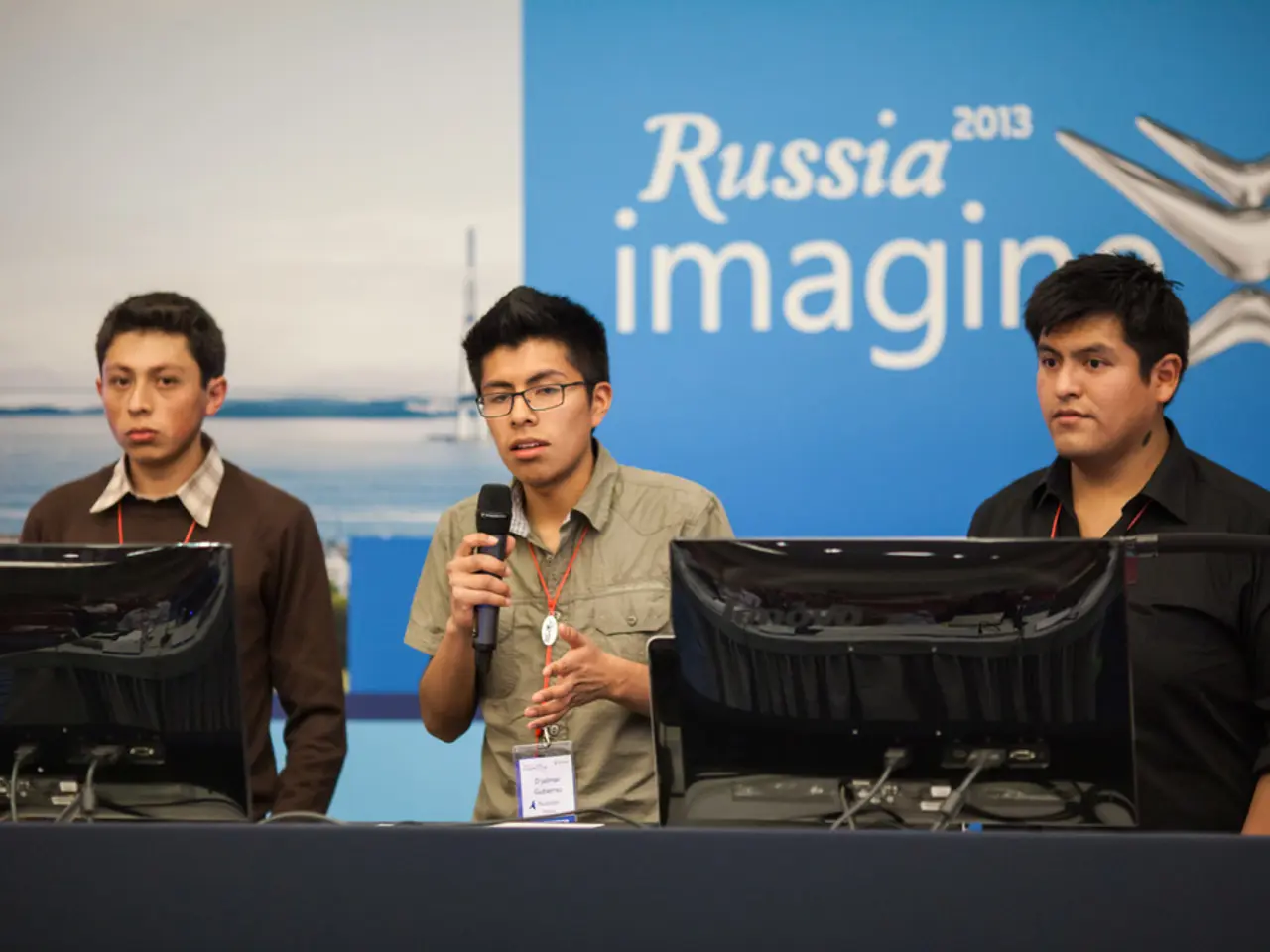During the Internet blackout, Russians will gain entry to taxi services, food delivery platforms, and online marketplaces.
In the Rostov region, a map of free Wi-Fi points has been made available, offering a glimmer of connectivity amidst ongoing internet restrictions in the country. However, foreign travellers should be aware of certain limitations on mobile internet usage.
By default, foreign SIM cards will be limited to five hours of mobile internet usage daily. In addition, the Russian ministry has announced the implementation of separate "cooling-off" periods for foreign SIM cards. The purpose of these periods is to prevent foreign drones from being controlled via Russian mobile networks.
Delving into the broader censorship landscape, Russia has been enforcing internet shutdowns with selective blocking and throttling. The authorities have targeted certain applications, such as WhatsApp and Telegram, by selectively throttling or blocking voice and video calls while still allowing messaging functions to work. Other messaging apps supporting audio/video calls using similar technology (VoIP/WebRTC) remain functional, suggesting only specific apps or protocols are filtered or throttled.
The selective disruption appears targeted at audio and video traffic by blocking or throttling specific protocols or connection ports, likely enforced by telecom operators under state control. Despite these restrictions on certain apps, the regime maintains a broader base of allowed internet content, although a comprehensive “white list” of permitted sites/apps during shutdowns is not openly published or detailed in the sources.
It is important to note that these restrictions coincide with recent legislation criminalizing attempts to access banned content, including VPN use. As of August 2025, there is no publicly accessible official list enumerating all services in the "white list" allowed during such shutdowns.
In summary, while Russia enforces internet shutdowns with selective blocking and throttling, there is no publicly accessible official list enumerating all services in the "white list" allowed during such shutdowns as of August 2025. The visible pattern is partial restrictions aimed at limiting voice/video communication on selected apps rather than a full service blackout.
- The ongoing internet restrictions in the country have led foreign travelers to seek alternatives for staying connected, such as finding Wi-Fi points stated in the policy-and-legislation for the map of free Wi-Fi points in the Rostov region.
- While navigating the general-news surrounding internet usage in Russia, it becomes evident that foreign SIM cards are subject to limitations, with separate "cooling-off" periods announced by the Russian ministry, aiming to prevent foreign drones from being controlled via Russian mobile networks.








